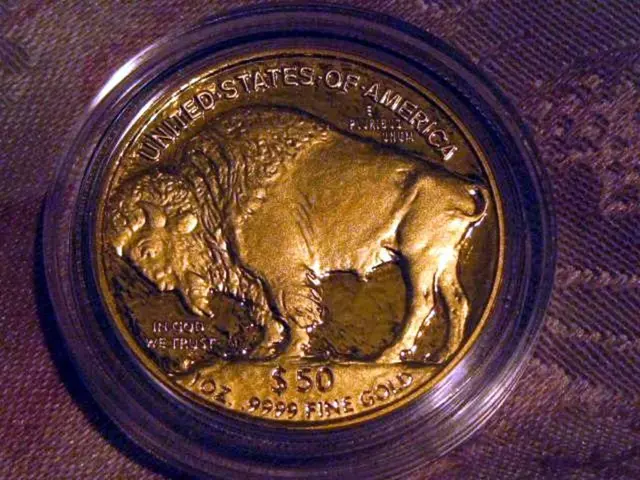Federal advocate Stephen Miran championing for tariffs and trade barriers.
Stephen Miran, the current Chair of the Council of Economic Advisers, has been nominated by President Donald Trump to fill a vacant seat on the Federal Reserve Board of Governors. If confirmed by the Senate, Miran will serve in the position at the Fed until January 31, 2026.
Miran, an American economist with a Ph.D. in Economics from Harvard University, has a diverse background in both the private financial sector and government economic policy roles. He served as a senior advisor at the U.S. Treasury during the COVID-19 pandemic.
In terms of monetary policy, Miran is a critic of the Federal Reserve's traditional approach to inflation. He advocates for lower interest rates to stimulate economic growth, contrasting with the Fed's typical priority of raising rates to combat inflation. This stance positions him as a proponent of looser monetary policy during periods of economic weakness.
On trade policy, Miran is known for his pro-tariff, protectionist views. He argues that the prevailing economic consensus that opposes tariffs is flawed because most economic models do not adequately consider trade deficits. In late 2024, he authored a detailed policy paper, "A User's Guide to Restructuring the Global Trading System," outlining his strategy that U.S. tariffs should be used not only to protect domestic industries but also as leverage to extract trade concessions from major economic partners such as China, the EU, and Mexico.
Miran's nomination is significant in the context of the debate surrounding the succession of Fed Chair Jerome Powell. Powell's second term as Fed Chair ends in May 2026. Trump has long pushed for interest rate cuts and has repeatedly criticized Powell verbally.
The nomination of Miran also comes amidst concerns about the weakening labor market. While Fed governor Christopher Waller expressed concerns about these signs, Miran praised Waller for not getting caught up in the tariff madness and providing an independent voice.
Miran's assessment of tariffs contrasts with Powell's, as the Fed chairman considers the possibility that the inflationary effects could persist and needs to be assessed and managed. This difference in perspective could shape the future of monetary policy at the Fed.
In addition to Miran, Trump has reportedly begun interviewing candidates for the top Fed job. Potential candidates include Kevin Hassett (head of the National Economic Council), Kevin Warsh (former Fed governor), and Christopher Waller (current board member of the Fed).
Adriana Kugler, a current board member of the Fed, has announced her resignation and will return to academia as an economics professor at Georgetown University. Trump described Kugler's early departure as a "pleasant surprise."
If confirmed, Miran's appointment could mark a shift in the Fed's approach to trade policy and monetary policy, aligning more closely with Trump's protectionist and nationalist economic policies. The future of the Fed under Miran's leadership remains to be seen, but his nomination has certainly ignited a debate about the direction of monetary policy and trade policy in the United States.
References: 1. Council of Economic Advisers 2. Stephen Miran Biography 3. Stephen Miran's Views on Monetary Policy 4. Stephen Miran's Nomination to the Federal Reserve Board 5. Stephen Miran's Pro-Tariff, Protectionist Views
The nomination of Stephen Miran, an economist with a diverse background in finance, business, and government economic policy, by President Donald Trump to the Federal Reserve Board of Governors could potentially signify a shift in the Fed's approach to monetary policy and trade policy, aligning more closely with Trump's protectionist and nationalist economic policies. This decision comes amidst debates about the succession of Fed Chair Jerome Powell, who has expressed differing views on tariffs, and the weakening labor market.
Miran's advocacy for lower interest rates and pro-tariff, protectionist views, as outlined in his policy paper "A User's Guide to Restructuring the Global Trading System," could shape the future of monetary policy at the Fed, contrasting with the typical approach of the Federal Reserve and the views of some current members like Christopher Waller. This nomination, if confirmed, has sparked discussions about the direction of economic policies in the United States.








